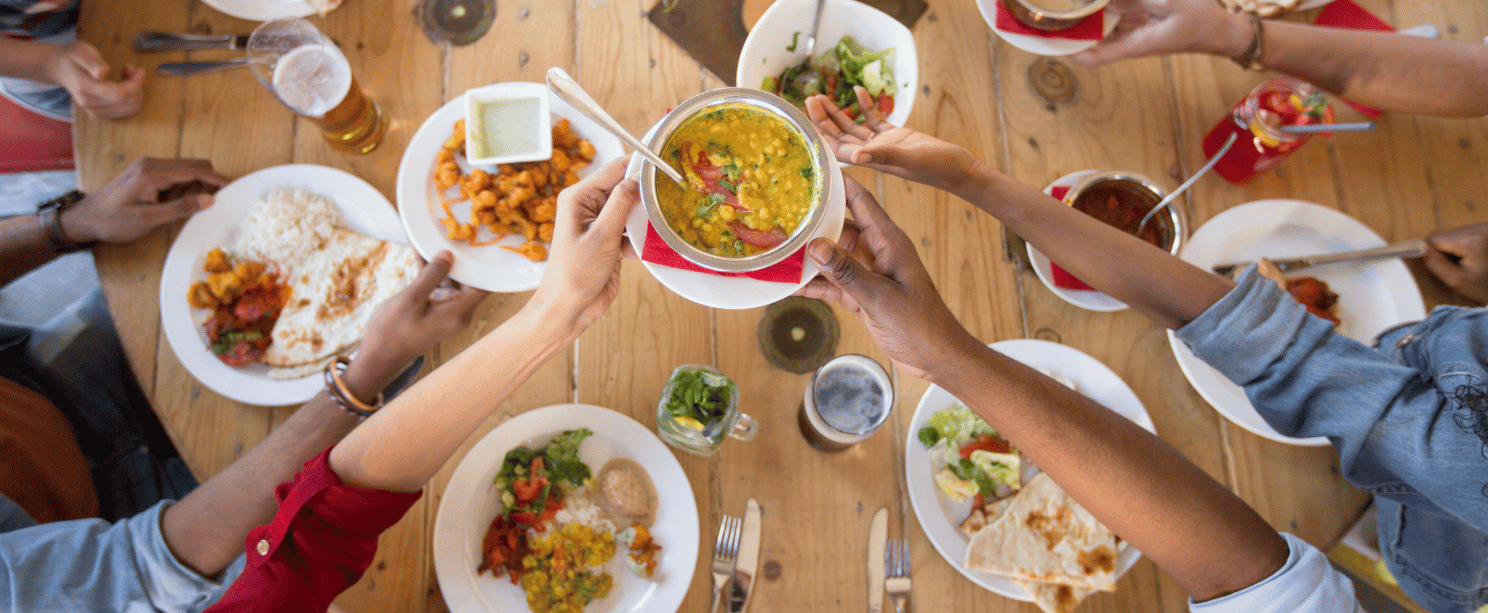
Dating is an exciting part of one's life. It's fun, and the anticipation surrounding a date can be an electrifying experience. However, people with diabetes may have a few additional considerations or concerns when preparing for the big day. Should you tell your date about your diabetes? How will you manage blood sugar levels? Will it be obvious if you need to take diabetes medications while in the middle of the date? To help you navigate romantic relationships, here are a few things you should know about dating with diabetes.
When to Talk to Your Date About Diabetes
One of the biggest questions most people with diabetes have is, "When should I tell my date about it?" The short answer is that it's up to you. Some people feel more comfortable talking about it on the first date, especially if it comes up naturally in a conversation. While others don't want to discuss it until they feel more comfortable with someone.
While diabetes care is only one aspect of your life, it still requires planning and communication, especially in romantic relationships. If you live with diabetes and meet someone you want to have a serious relationship with, you're probably going to have to tell them at some point. However, take your time and don't feel forced to talk about it.
Most people will be curious or supportive, but some may not understand diabetes well. If a date reacts negatively or dismissively, it’s a sign that they might not be the right person for you. The right partner will want to learn and support you.
How to Overcome Stigma and Misconceptions When Dating With Diabetes
Unfortunately, many people have misconceptions about diabetes. This is okay as long as your date is willing to listen and learn. However, individuals who are stubborn or refuse to change their views should not be given the time of day.
For instance, some people think that people who have diabetes get it because they've eaten too much sugar or maybe have a sedentary lifestyle. Although lifestyle habits can contribute to the development of type 2 diabetes, it's not a direct cause. Several different factors need to be considered, including genetics. It’s not your job to educate society. Those who care about you will want to learn more about you in all aspects of life and will respect and embrace all components of your world, including your diabetes.
Remember, it's better to recognize these red flags early to avoid dating someone whose views don't align with yours. Don’t waste your time trying to change people’s ingrained way of thinking. Instead, allow them to move through your life so you can use your time and energy more effectively.
How to Handle Food and Dining Out
Since food and drinks are common in dating, it's important to know how to navigate dining out with diabetes. If you plan to meet at a restaurant for a date, you may want to look at the restaurant ahead of time to help you identify diabetes-friendly options. You can do this in person, too, of course. However, going into a date already knowing your options gives you a chance to feel in control, so you don't have to worry about trying to listen to your date while mentally counting carbs or wondering if something is boiled or fried. Remember, once you're at the restaurant, you can always ask questions or ask for modifications to your meal.
If you use an insulin pump or continuous glucose monitor (CGM), make sure that it's properly set up and working before you go out so that you can easily and discreetly manage diabetes from the start of the date to the end. Even with automatic readings and care, keep an eye on your blood sugar levels and always carry some glucose tablets or a small, fast-acting carb snack to help address unexpected lows.
When drinking alcohol, the most important rule is to keep your wits about you. Whether living with diabetes or not, don’t over indulge. It's also important to be cognizant of your choices, and it may be best to tell your date about potential symptoms of low blood sugar so they can be aware and supportive if needed. You should also always eat before drinking to reduce the risk of hypoglycemia, as alcohol can lower blood sugar levels unpredictably. Opt for lower-sugar beverages like dry wine or spirits mixed with sugar-free mixers when indulging.
Alcohol will lower most people’s blood sugar for two hours per serving. So two servings equals four hours of low blood sugar risk for anyone on blood sugar-lowering medication. Four drinks equals eight hours, and so on. You may also want to beware of combining that with other blood sugar lowering activities (i.e., dancing, walking, or sex). However, this blood sugar-lowering impact balances well with the blood sugar-raising impact of a high-fat meal, so indulging in a good burger instead of the salad could be just the trick!
The Connection Between Intimacy and Diabetes
At the beginning of a new relationship, navigating intimacy with diabetes may also feel a bit awkward. However, diabetes and sexual health are related, and it's good to understand this relationship before getting physical with someone new.
Diabetes can sometimes affect intimacy due to fluctuating blood sugar levels, nerve damage, or medication side effects. For example, men with diabetes may experience erectile dysfunction, while women may have reduced lubrication or discomfort. These are normal concerns, and they don’t mean intimacy has to be a challenge—just that a little extra awareness and communication can go a long way.
The best approach is to be honest with yourself and your partner. If you experience any issues, talk to your healthcare provider about potential solutions. There are treatments and lifestyle adjustments that can help manage diabetes-related sexual health concerns, so you don’t have to navigate them alone.
Emotional connection is just as important as physical intimacy. A supportive partner will be understanding and patient, so don’t be afraid to have open conversations about how diabetes may affect this aspect of your relationship. The more comfortable and informed you both are, the more confident you’ll feel in your romantic experiences.
Diabetes and Emotional Well-being in Relationships
Diabetes doesn’t just affect your physical health—it can also play a role in your emotional well-being, mood, and relationship dynamics. If you feel overwhelmed by diabetes management, it’s okay to acknowledge those feelings and seek support from your partner, friends, or a diabetes support group. Stress can impact blood sugar levels, so prioritizing mental health is just as crucial as maintaining physical health.
It’s also natural to experience occasional frustrations, whether it's managing blood sugar levels, dealing with dietary restrictions, or explaining diabetes to someone who may not fully understand. The key is open communication. Share your feelings with your partner and let them know how they can support you, whether helping with meal planning, reminding you to take a break when needed, or just being there to listen.
If diabetes ever causes tension in your relationship, take a step back and remind yourself that your diagnosis doesn’t define you. A healthy relationship is built on mutual respect and understanding; a great partner will want to navigate the challenges together. Additionally, if things continue to worsen with your mental health and you begin to experience signs of diabetes distress, talk to a healthcare professional. Doing so is an important factor in avoiding burnout.
Diabetes Management With a Partner
When you first started dating your partner, telling them about your diabetes wasn't an urgent matter. However, when you begin to build a life together, you can't hide your diagnosis. Your partner will be there to see the ins and outs of your daily life, and that's great. However, they also need to know how to help you in case of an emergency, and this means communicating. Some of the most important things to talk to your partner about as you get serious include:
- Symptoms of low blood sugar or hypoglycemia
- Symptoms of high blood sugar
- Symptoms of diabetic ketoacidosis (DKA)
- What to do if you're showing any symptoms of these complications
- How to react to both high or low blood sugar readings
- Potential underlying conditions or diseases that may occur with diabetes
- How to administer diabetes medications and insulin
- What different blood sugar levels mean
You can ask your diabetes specialist for a comprehensive list of essential information or bring your partner to an appointment. It's also beneficial for couples to adopt healthy lifestyles together, as having two different eating patterns or exercise habits can strain the relationship.
So, try to date with the future in mind. You don't need a boyfriend, girlfriend, or partner who is going to take over control and act like a nurse, but long-term commitment partners should take supportive actions and adopt a healthy mindset alongside you.
For additional diabetes support and management, Byram Healthcare has a range of continuous blood glucose monitors. For more information on diabetes supplies and educational materials, sign up for Byram Healthcare’s Caring Touch At Home™ Program. The Caring Touch At Home™ Program combines convenience, affordability, and choice to deliver extensive service and support to people with diabetes.



